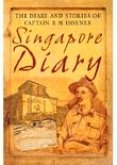

Broschiertes Buch
A Survey of American University Percussion Instructors
2009
VDM Verlag Dr. Müller
Ähnliche Artikel
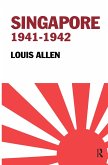

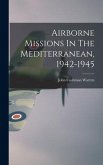
Gebundenes Buch
9. September 2021
Creative Media Partners, LLC
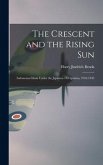
Gebundenes Buch
9. September 2021
Creative Media Partners, LLC
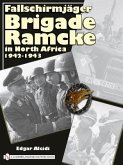
Gebundenes Buch
November 2009
Schiffer Publishing
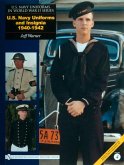
Gebundenes Buch
September 2007
Schiffer Publishing

Gebundenes Buch
9. September 2021
Creative Media Partners, LLC

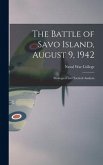
Gebundenes Buch
Strategical and Tactical Analysis
9. September 2021
Creative Media Partners, LLC
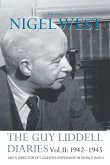
Gebundenes Buch
Mi5's Director of Counter-Espionage in World War II
9. Juni 2005
Taylor & Francis
Ähnlichkeitssuche: Fact®Finder von OMIKRON
